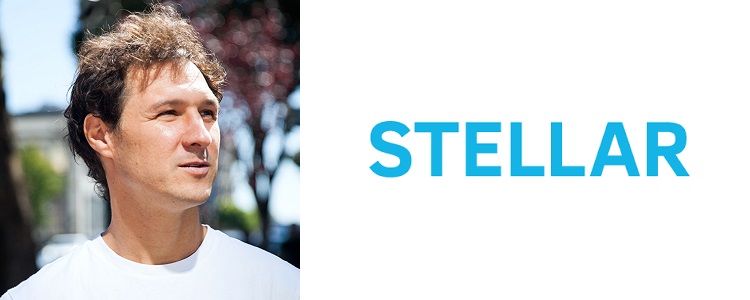Decentralized financial system, Stellar, invites the members of the Bitcoin community to claim their cryptocurrency, Lumens. With around 19 billion Lumens being distributed in multiple rounds to anyone based on the quantity of Bitcoin they have, people can start claiming their Lumens on July 5, 2016.
Due to restrictions, the program is closed to the residents of New York, Georgia, New Hampshire, Connecticut and any countries on the U.S Sanctions list such as Iran, Cuba, and North Korea.
Stellar itself is a network which, unlike regular blockchains, uses the Stellar Consensus Protocol (SCP) based on the federated Byzantine agreement instead of traditional mining. This speeds up the transactions process to within seconds while traditional Bitcoin transactions take roughly 15 minutes.
“The Stellar Consensus Protocol (SCP) provides a way to reach consensus without relying on a closed system to accurately record financial transactions. SCP has a set of provable safety properties that optimize for safety over liveness—in the event of partition or misbehaving nodes, it halts progress of the network until consensus can be reached. SCP simultaneously enjoys four key properties: decentralized control, low latency, flexible trust, and asymptotic security. It is different than mining. There are tradeoffs to each.” explained Jed McCaleb, co-founder of the Stellar Development Foundation.

Stellar transactions
“We believe in community-based ownership of the Stellar network and want early digital currency enthusiasts such as Bitcoin holders to feel at home in the Stellar community.” said McCaleb.
Lumens are the cryptocurrency which makes Stellar transactions possible but it is a “behind-the-scenes” currency and there will be a supply increase of 1% each year, stated McCaleb. Even though Lumens are still used for transactions, Stellar allows buyers to create transactions in their choice of currency such as the US dollar and Bitcoin.
McCaleb explains Stellar contracts:
“Smart contracts in Stellar have a somewhat different model. The core protocol provides primitives and constraints but the logic lies mainly outside the system. It is somewhat analogous to the way the lightning network works, it handles many transactions outside the system so people don't have to know about transactions they don't care about and it only resorts to the blockchain to settle disputes or close the channel. “We tried to enable a similar thing with smart contracts in Stellar, to keep the bulk of the computation outside the system but still allow people to make things that behave in predictable but complex ways.”
How to claim
Stellar will be setting up a claims page in July with 3 billion Lumens available so those who are interested in their acquisition can then deposit them into a Stellar account. A verification process will also be in effect to verify that you own and control the Bitcoin address you submit.
According to McCaleb the first round of Lumen distribution will end on October 5, 2016 and any unclaimed Lumens will go into the platform’s operational fund.
“Visit the claim page (link to come), which will walk you through the simple process. If you have an account on an exchange, check with your exchange to see if they're planning to participate. We'll update this post with a list of participating exchanges. The retrieval process for lumens will vary by exchange.” wrote McCaleb
Bitcoin holders can even participate if they have accounts on any participating exchanges commencing July 5th. If you are an exchange or a business with a pool of Bitcoins for customers, email the Stellar team at: [email protected] from your business email to acquire Lumens for distribution among your users.
There is no information about the next round of distribution and this will be decided after the completion of first round.
